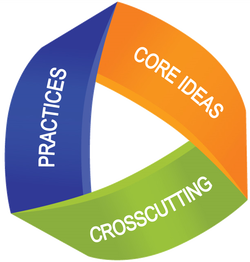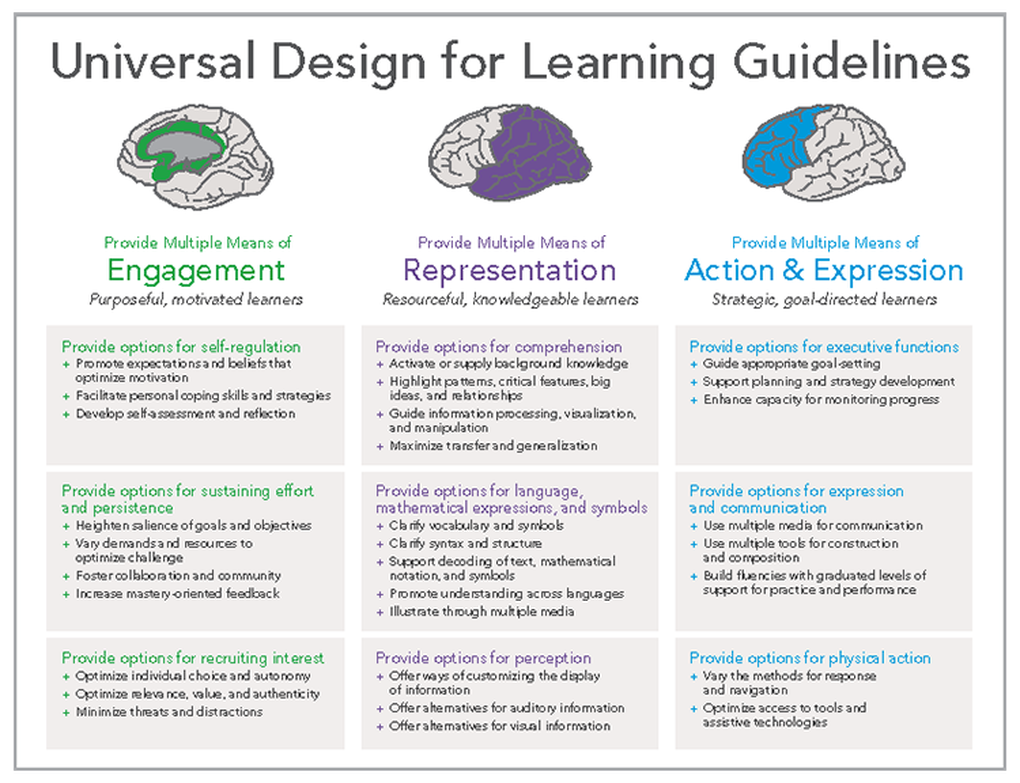INSTRUCTIONAL STRATEGIES TO SUPPORT
SCIENCE INSTRUCTION
Instructional Strategies to Support Science Instruction

|
-"....Words are not science. Zoologists do not study words but use words to communicate their study of animals with others who share the same vocabulary. Vocabulary needs to be introduced to students in the midst of (or after) their engagement with objects."
-Teaching for Conceptual Understanding in Science - NSTA |

